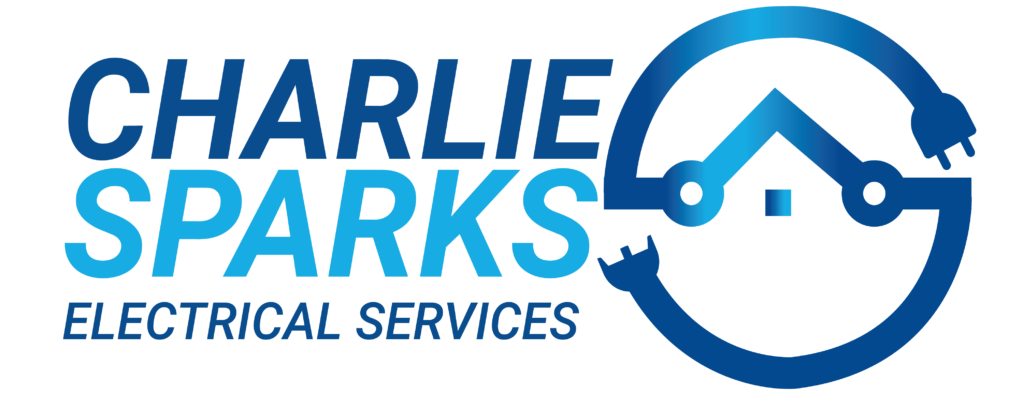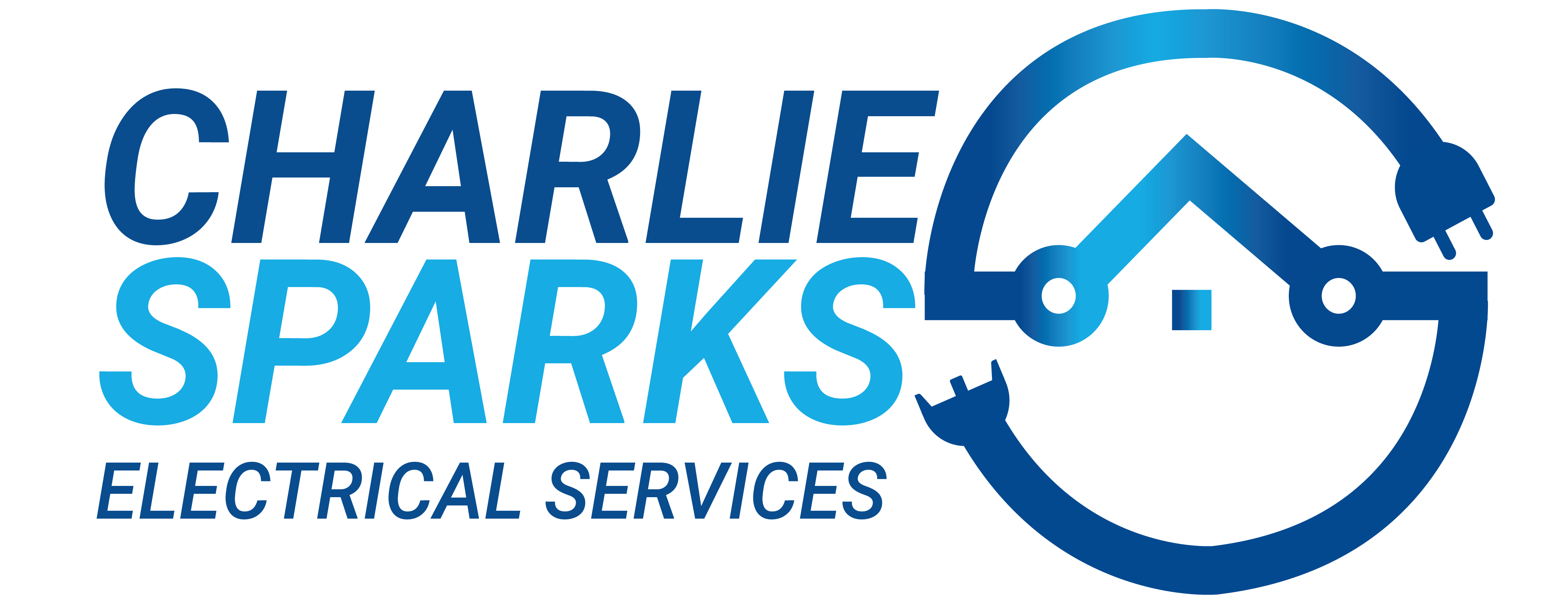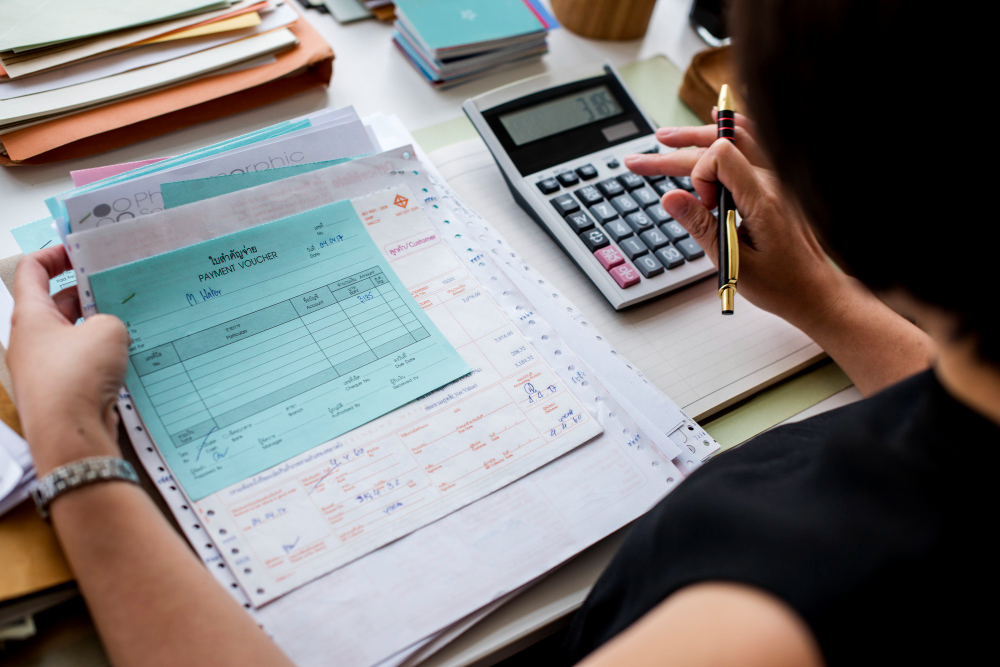Solar power is a form of conversion that uses PV cells (photovoltaic) with the help of sunlight to generate electricity or heat water and other appliances.
For anyone considering using solar power to help reduce the costs of electricity at home, here’s some useful information. Solar energy may be a great way to reduce your carbon footprint and the amount of feed-in tariffs that you receive from your utility company. This blog will help you understand how solar power helps in reducing your energy bills.
Installing Solar Power
Benefits of installing solar System
Once you know that the solar system is suitable to save upon power consumption, it is necessary to know the benefits of installing solar. Following are the key benefits of installing solar systems:
- Reduces carbon emission
- Reduces power bills
- Helps in getting government rebates and certificates
- Increase property values.
- Improve savings on power bills.
With all these benefits, the crucial emphasis lies on the savings in electricity bills and by how much.
How much will my electricity bill get reduced if I install a solar system?
Installing a solar system comprises solar panels, as well as a battery or large-sized solar panel. This installation depends on your energy consumption and how many appliances will operate. In most cases, the cost of installing a solar panel costs $ 3,500 to $10,000. Depending on your current usage of power during night hours by appliances in your house such as fans or televisions, it would be best to install a battery along with the solar panel to reduce overall power consumption without compromising the quality of life in your house.
The cost of solar panels is a common misbelief. This ranges from four to fifteen thousand dollars and is solely an investment that gets returned once you start saving on bills. Government also helps with rebates for solar panel installation and maintenance of the system, along with prices set at different levels depending on which state one lives in. If a solar panel generates more energy than is consumed, it is transferred to grid power as a form of feed-in tariff. This further helps in reducing your electricity bills,
Either way, depending on your power usage, you save on electricity bills. You will start to get more savings as your solar system becomes old. But still, you will get a reduced electricity bill installing solar panels as compared to not installing.
You will reap full payback on your solar system in 3 to 5 years. Depending on the size, usage, and quality of the solar panel, the payback period may get extended.
You cannot have zero electricity bills after installing solar systems. But certainly, you will reap more benefits from power savings



